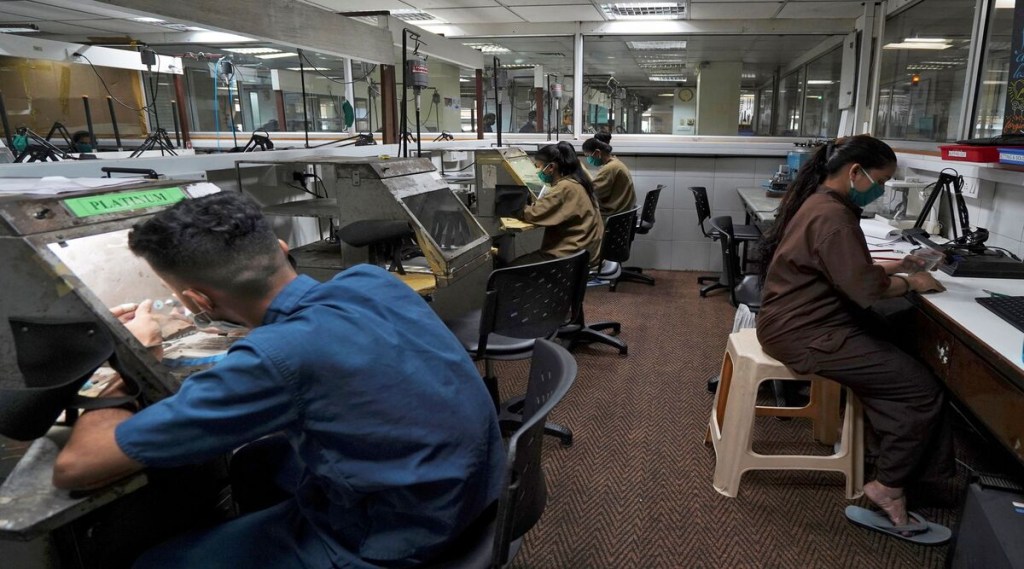Narendra Modi government’s B C Sakhi Yojana could be a booster dose for financial inclusion in the country and promote female labour force participation. B C Sakhi Yojana is a scheme through which self help group members, working on grassroot level, are appointed as banking correspondents. This could boost the participation rate of females in the labour force further if the government reserves at least 30 per cent of banking correspondent positions for women, SBI Research said in a report Tuesday.
Currently, in public sector banks, merely 2 per cent of women are banking correspondents, while in the private sector only 11.2 per cent women work as banking correspondents, the research note said. Improving the proportion of women working as banking correspondents i.e. as third-party, non-bank agents to extend products and services of the bank to inaccessible hinterlands, could be a step in the right direction.
As reflected in data of Jan Dhan account holders, over 55 per cent of the account holders are women. However, another stark reality is that the majority of those accounts remain inoperative. Hence, there remains a gap in financial inclusion. SBI Research said it believes apart from appointing Bank Sakhis as Business Correspondents (BCs), a policy should also be framed to mandatorily recruit at least 30 per cent of the total workforce as women BCs, particularly in locations where access and usage of the accounts by women is low. The government launched ‘Mission One GP One BC Sakhi’ program targeting creation of a pool of 1.25 lakh trained and certified women SHG members as BC Sakhi.
States in southern and north east India fare better than their northern, and western counterparts in terms of number of female banking correspondents. For instance Tamil Nadu, Kerala, Mizoram and Arunachal Pradesh have more than 20 per cent BCs who are female while states such as Uttar Pradesh, Haryana, Delhi and Rajasthan have less than 9.5 per cent of BCs who are female.
The report said recruiting more female BCs could positively impact the financial inclusion of about 25 crore women Jan Dhan account holders, as the “gender” of the agent, the face connecting the myriad world of finance to doubtful, hesitant and low on even basic tenets of skills beneficiaries, becomes a decisively important factor to proliferate and deepen the financial inclusion drive.

